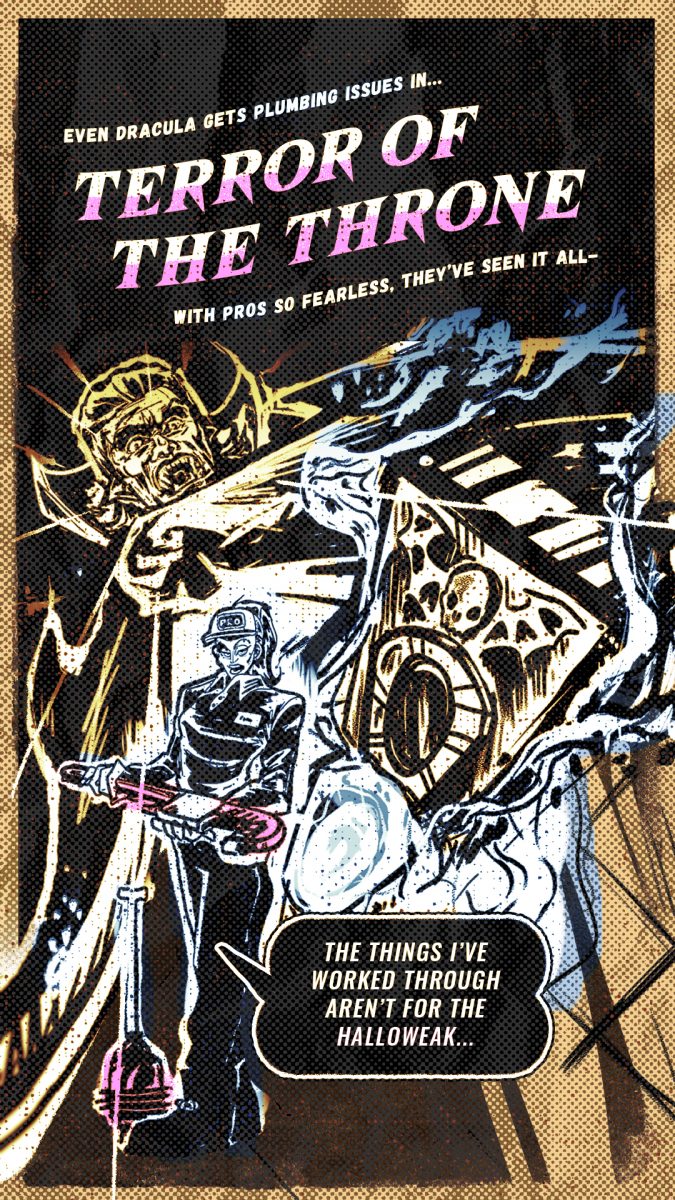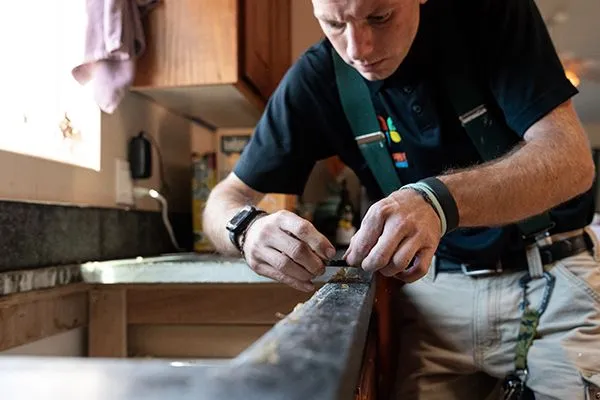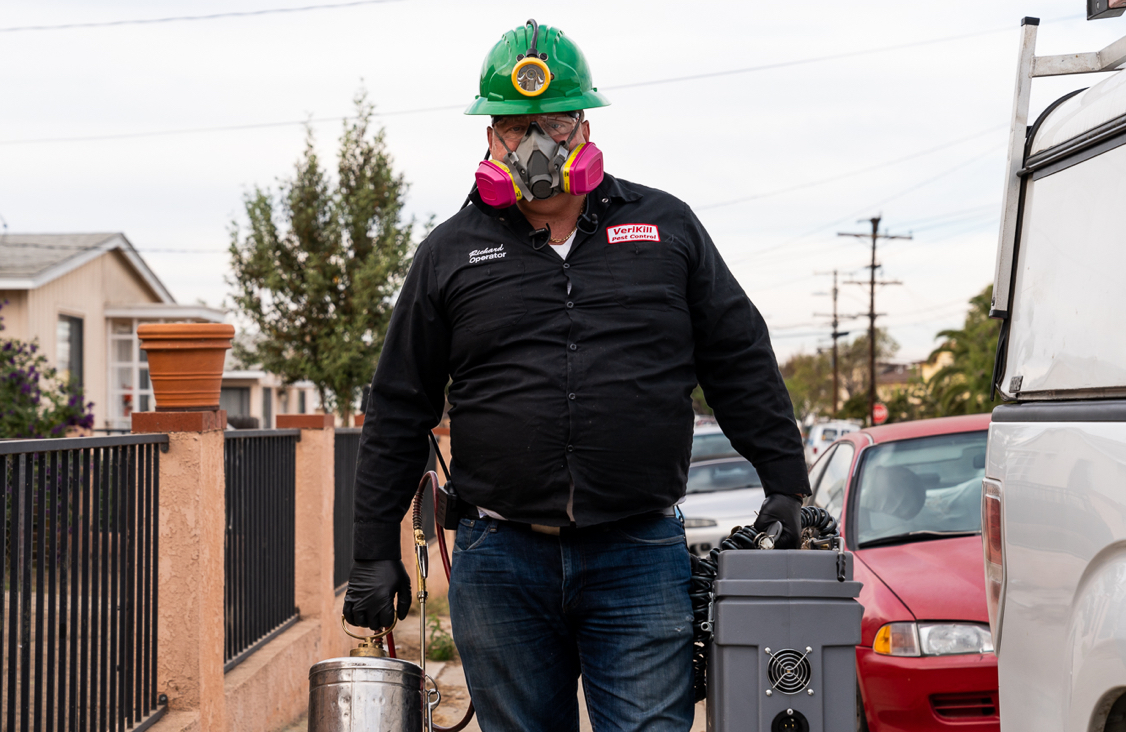
Do you ever lose your keys and get that sinking feeling in the pit of your stomach? Imagine losing the key to your home, or even worse, losing the key to your business. In the past, skeleton keys were used to open any door. Today, we still use them for some special purposes. Let’s take a closer look at the history of skeleton keys
When did skeleton keys come about?
Skeleton keys have been around for centuries. In Rome, soldiers used them to open the doors of enemy homes and businesses so they could loot and pillage without having to break down the door.
Skeleton keys were also used in medieval times. At that time, they were known as “pass keys”. Nobles would give pass keys to their servants so they could enter and exit the castle without having to go through the main gate.
Skeleton keys throughout history
In Egypt, skeleton keys were made of wood and were used to unlock doors and other important areas. Eventually, the Romans began using metal keys, which were more durable and less likely to break.
In the Middle Ages, keys were made of iron and had large teeth that could pick the lock. Skeleton keys became very popular during this time because they could be used to open any door, regardless of the size or type of lock.
During the Renaissance, skeleton keys became even more popular. At this time, locksmiths began adding decorations to the keys to make them more visually appealing. The most common decoration was a skull, which is how the name “skeleton key” came about.
How they are used today
Skeleton keys became less common after the invention of locks that could be opened with a specific key. However, they are still used today for specific purposes. For example, some landlords kept a skeleton key so they could enter tenants’ homes in an emergency. Some businesses also use a skeleton key to give employees access to certain areas of the building.
While skeleton keys continued to be used throughout the centuries and are still used today in some antique locks, with modern locksmithing techniques, skeleton keys are no longer necessary to open most locks.






